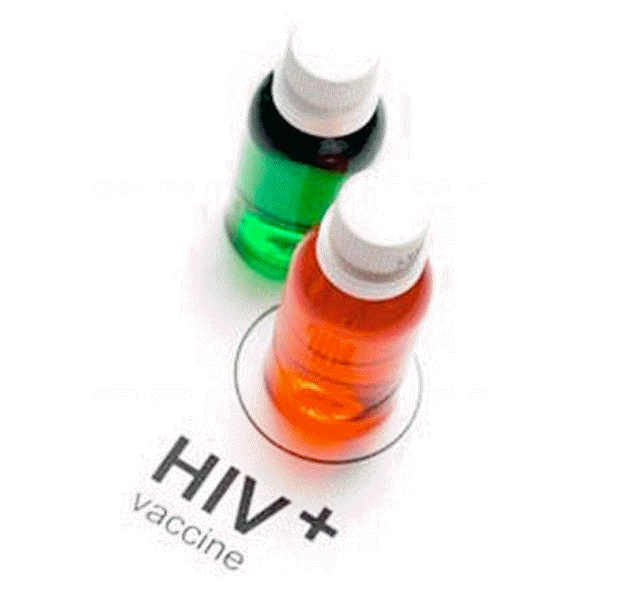The Oyo State Government on Friday launched the state’s HIV/AIDS Anti-Stigma Law 2016, to protect and preserve the fundamental rights of people living with the disease.
Gov. Abiola Ajimobi said at the event held at the House of Chiefs, Oyo State Secretariat, that the law was to checkmate the increasing rate of stigmatisation and discrimination against those living with HIV and AIDS.
Ajimobi, represented by Mr Azeez Adeduntan, the Commissioner for Health, said that HIV and AIDS was no longer a death sentence as was widely believed.
He assured that his administration would ensure strict implementation of the law, and called on all stakeholders to join hands with government in eliminating stigmatipsation and discrimination against those infected with the virus.
The News Agency of Nigeria (NAN) recalls that Ajimobi had assented to the Oyo State HIV/AIDS Anti-Stigma Law on Oct. 15, 2016.
The law states that people living or affected by HIV and AIDS have a right to freedom from discrimination on the basis of their real or perceived HIV status.
According to the law, such people have freedom and access to continued employment, good conditions of employment, employment benefits and comprehensive health services.
The others were education, use of public facilities and other social services provided by employer, community, government or any other establishment.
The law stipulates a fine of not less than N250, 000 for individuals, N500, 000 for organisations or imprisonment for a term of not less than one year or both for anyone who contravened its provisions.
Similarly, Mrs Florence Ajimobi, the wife of the Governor, described the law as a landmark achievement in the history of the state.
The governor’s wife, who doubles as the Chairperson, Oyo State Agency for the Control of AIDS (OYSACA), said that stigma and discrimination were barriers hindering access to care and treatment.
“It is no doubt that stigma and discrimination against people infected or affected by HIV and AIDS exists at all levels of human endeavour and this has adversely affected the level of uptake of HIV services in the state.
“The consequences of stigma and discrimination against these persons may result in low turn-out for HIV counseling and testing
“Also included are; identity crises, loneliness, depression, low self-esteem, lack of interest in containing the disease and in a few cases, suicide,” she said.
The OYSACA chairperson said that research had shown that discrimination against people living with HIV was a contributing factor for delayed initiation of HIV treatment and services.


